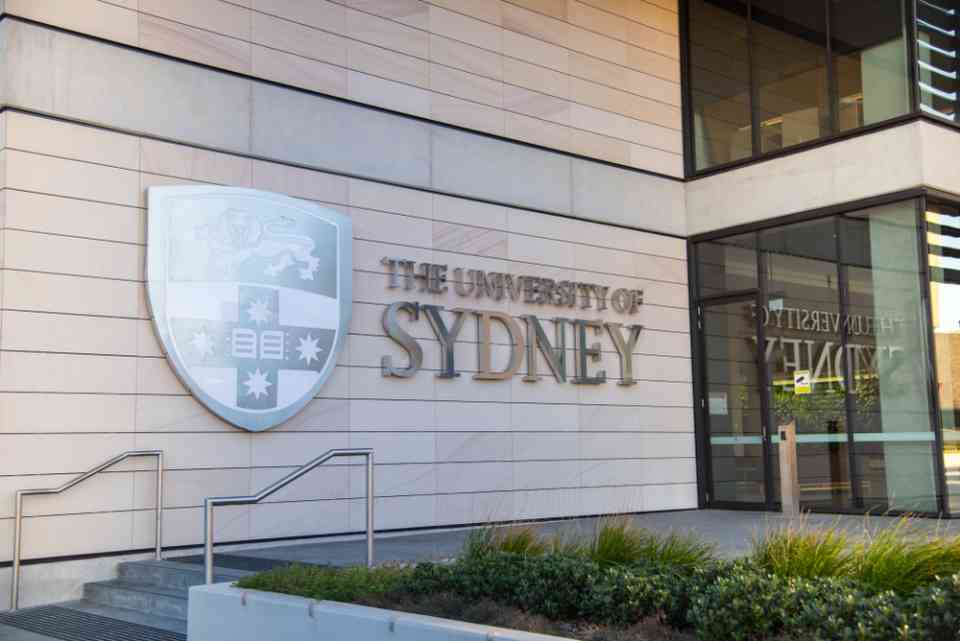Best Biotechnology Colleges In Australia

Biotechnology has become one of the most popular courses in recent times. The subject utilizes cellular materials and living cells to create products that can be used for the betterment of society. This interdisciplinary field also provides today’s generations with a chance to explore new arenas in the field of science and technology.
So, if you want to pursue a career in biotechnology, here are some universities in Australia that will propel your growth in this domain.
- University of Queensland
Course Name: Bachelor of Biotechnology (Honours)
Established in 1909, the University of Queensland is a public institution which is located in and around Brisbane. Aspirants who enroll in the course learn genetic plant engineering, antibody engineering, and tissue culture technologies and their varied applications. The university has three main campuses, namely St Lucia, Gatton, and Herston, wherein housing facilities for candidates are available only in the first two. Also, tuition costs at the institute vary by subject and can be a bit steep for international students. Classes at the academy are conducted in English, and the university also provides short courses which learners can complete during their semester breaks. - Monash University
Course Name: Biotechnology and Applied Microbiology
Monash University is a renowned institute established in the year 1958 in the state of Victoria. The academy is named after Sir John Monash, a military engineer. It has 150 active fields of research and a diverse community of 86,000 students. Candidates who enroll in the discipline get hands-on training in the domain through access to cutting-edge labs and research platforms. By studying the course, aspirants also learn about the processes of translating biotechnological products from lab to life. - University of Sydney
Course Name: Nanoscale Biotechnology
The University of Sydney came into existence in 1850 and is often touted as the oldest institute in Australia. The school of education has 16 academic divisions and mostly uses English as the teaching mode. Candidates taking up Nanoscale Biotechnology get to work in bioengineering sectors like nanomedicine, mechanobiology, and novel biomaterials. Also, once you finish the course, a career in the multibillion-dollar pharmaceuticals and healthcare sectors awaits you. - Royal Melbourne Institute of Technology
Course Name: Master of Biotechnology
RMIT is the largest tertiary institution which is often counted among the top academies in the nation. The global university has a total student population of 74,000, out of which 30,000 are international candidates. At the educational hub, aspirants can choose from Clinical Microbiology and Food Microbiology or combine them and graduate with a degree in Biotechnology. In addition, top-scoring candidates get an opportunity to either be involved in full-time research or garner work experience in year two of the degree. - University of Melbourne
Course Name: Master of Biotechnology
The University of Melbourne is one of the leading universities in Oceania. It has well-integrated courses, which makes it a top choice for students. The Master of Biotechnology inter-discipline allows candidates to know all the facets of the product pipeline in the sector. Once you pursue the course, you will understand the industry’s commercial requirements, which will benefit your career ahead. Due to a strong network of leading researchers and extensive network partners, graduates from the institute always stay in demand in the ever-growing biotech industry. - University of New South Wales, Sydney
Course Name: Bachelor of Biotechnology (Honours)
Established in 1949, the University of New South Wales has around seven faculties and over 63,000 students to its name. The Bachelor of Biotechnology course provides in-depth knowledge about cell biology and chemistry, which can be used to fabricate solutions in medicine, food, and energy. The study also focuses on key areas such as synthetic biology, bioprocessing, and medical applications. All these together help students to gain both experience and confidence in the practice of scientific methods.
Have you read?
How to Think Future-Forward in Your Succession Planning Strategy by Drew McLellan.
Five Culture Keys to Unlocking Innovation that Drives Diversity and Performance by Bertina Ceccarelli.
Taming the Impact of Inflation – How to Drive Customer Experience Efficiency by Joseph A. Michelli.
6 ways self-disruption makes you a better leader by Anne Duggan and Dr Jefferson Yu-Jen Chen.
You Can Do Better Than Brainstorming by Robin Landa.
Bring the best of the CEOWORLD magazine's global journalism to audiences in the United States and around the world. - Add CEOWORLD magazine to your Google News feed.
Follow CEOWORLD magazine headlines on: Google News, LinkedIn, Twitter, and Facebook.
Copyright 2025 The CEOWORLD magazine. All rights reserved. This material (and any extract from it) must not be copied, redistributed or placed on any website, without CEOWORLD magazine' prior written consent. For media queries, please contact: info@ceoworld.biz








